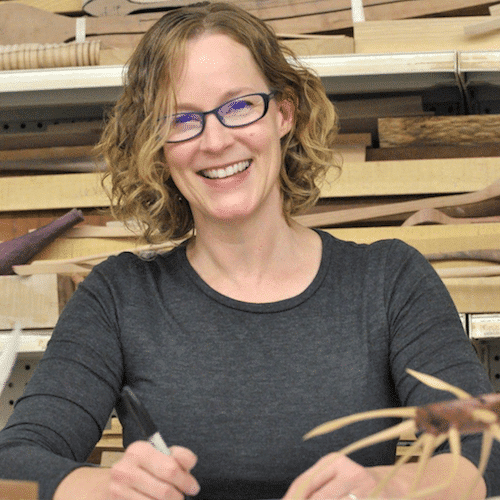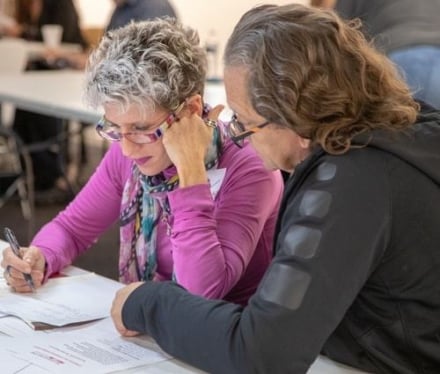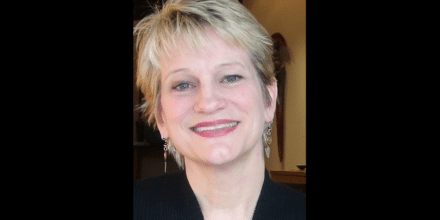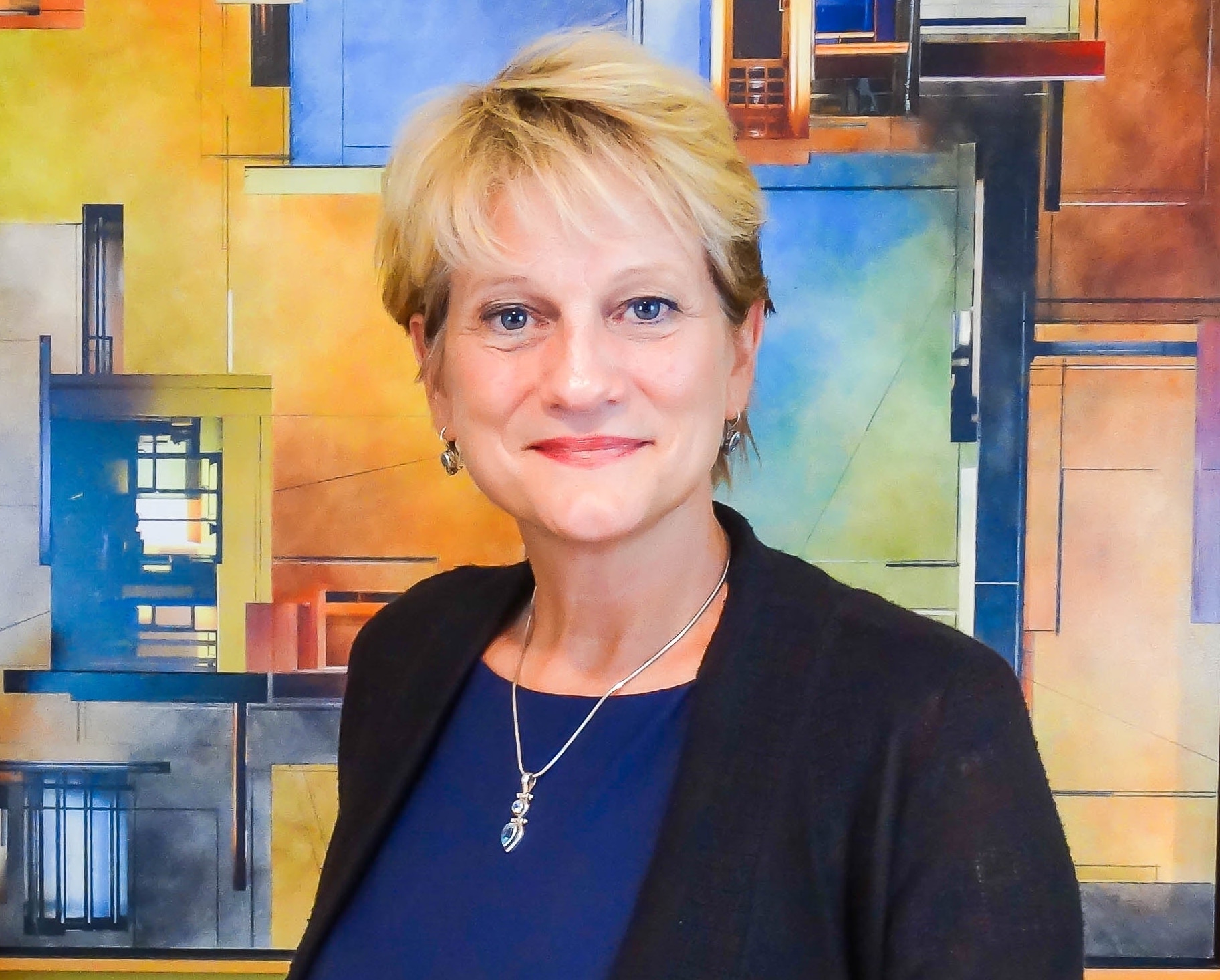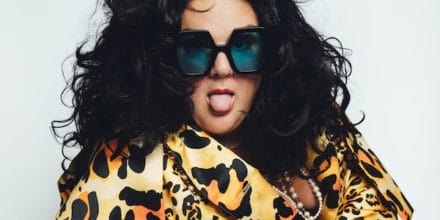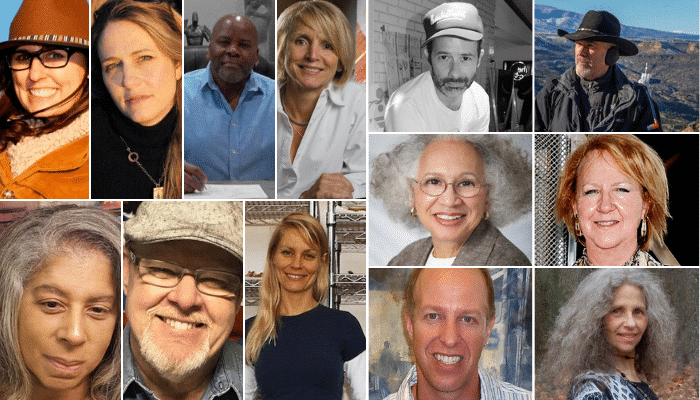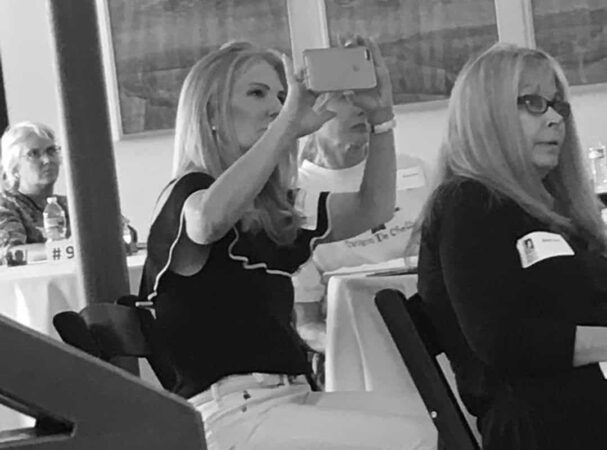Kristin Levier is a sculptor and a 2018 Executive Fellow with CHF’s Art-Business Accelerator Program. After two decades as a molecular biologist, she became a full-time studio-artist 13 years ago. As a wood sculptor, Kristin makes work at the intersection of art and science that connects us to the “extraordinary, strange beauty of the natural world.” In this episode, she discusses how she developed her brand story, noticed trends in the art world, and found the audience for her work—all with the support of a network of like-minded artists.
Crossing the Bridge Between Science and Art
- “My brand story is that I’m trying, with every single object that I make, to create work that’s at the interface of art and science. I think I’m opposed to this idea that people can only be right-brain dominant or left-brain dominant, and science and art are two separate worlds. I feel like there’s so many commonalities and there is just such a strong intersection.”
- “I think it is fairly uncommon, but I know a handful of artists who are coming out of tech backgrounds or lab research like I was involved in, or fields like mathematics.There maybe just isn’t enough of it that people think of it as a common thing. I’m trying to break that stereotype, hopefully, in the things that I do.”
- “I think anything that helps to refocus and feel grateful and amazed by these incredible things surrounding us on the planet… I hope that’s a great thing. [They are] certainly reminders that I like to have in my life.”
Finding My Audience and Brand Story
- “I was noticing that I keep getting into these exhibitions—things focused on wood—and I just thought, if I’m ever going to move on, I need to apply to things where people haven’t heard of me.”
- “If you’re going to be able to talk about the brand of your work, it means you pretty much need to understand it. And so for me at the beginning […] I was just making whatever was sort of a whim for me. And then I started noticing trends. And then it got to the point where I really had a story I wanted to tell.”
- “The majority of people who buy my work tend to be scientists, medical doctors, or chiropractors—certainly also just art-focused people—but for some reason I thought, ‘well okay, they buy that’, and thinking ‘oh, maybe they have the money to buy art…’ But then you know, really slowing down and taking note: That IS my audience.”
Connecting with Communities and Other Artists
- “The reason I started posting process photos [on Instagram] is because I noticed how much I love seeing process photos from other artists, from painters or other sculptors, seeing the thing when it’s kind of a mess and it’s not done yet.”
- “I realized that there was a real hole missing where I lived. There really weren’t people talking about the business side of being an artist. […] So I was just brave: ‘Okay I’m going to do it’.”
- “I definitely find that having other artists that I talk with often seems really important to me. I think you know that what we’re doing is difficult. I mean everybody has difficulties, but it’s really nice to know that you have someone going through the things you’re going through…so we can support each other and help each other problem-solve.”
What I Got From CHF’s Art-Business Accelerator
- “It’s funny hearing you say the word ‘team,’ because after spending nearly two years together, I think we kind of feel like a family. It’s been amazing for me to be in this group with other artists and other people at CHF. I think people are very vulnerable and very honest with each other, which to me is the best way that interactions like that can work.”
- ”Now I really only buy exactly what I need. And I don’t know why that simple monthly [profit and loss] statement has made that change [in behavior] for me, but it did, and I’ve saved a ton of money. Knowing what you’re doing is a very powerful thing.”
- “Now I really understand that marketing is just getting whatever it is that you make or do out into the world, and then the people who are exposed to that will make of it what they will. But you can make the most incredible art, or whatever it is you make, and if nobody sees it, then nobody can buy it.”

